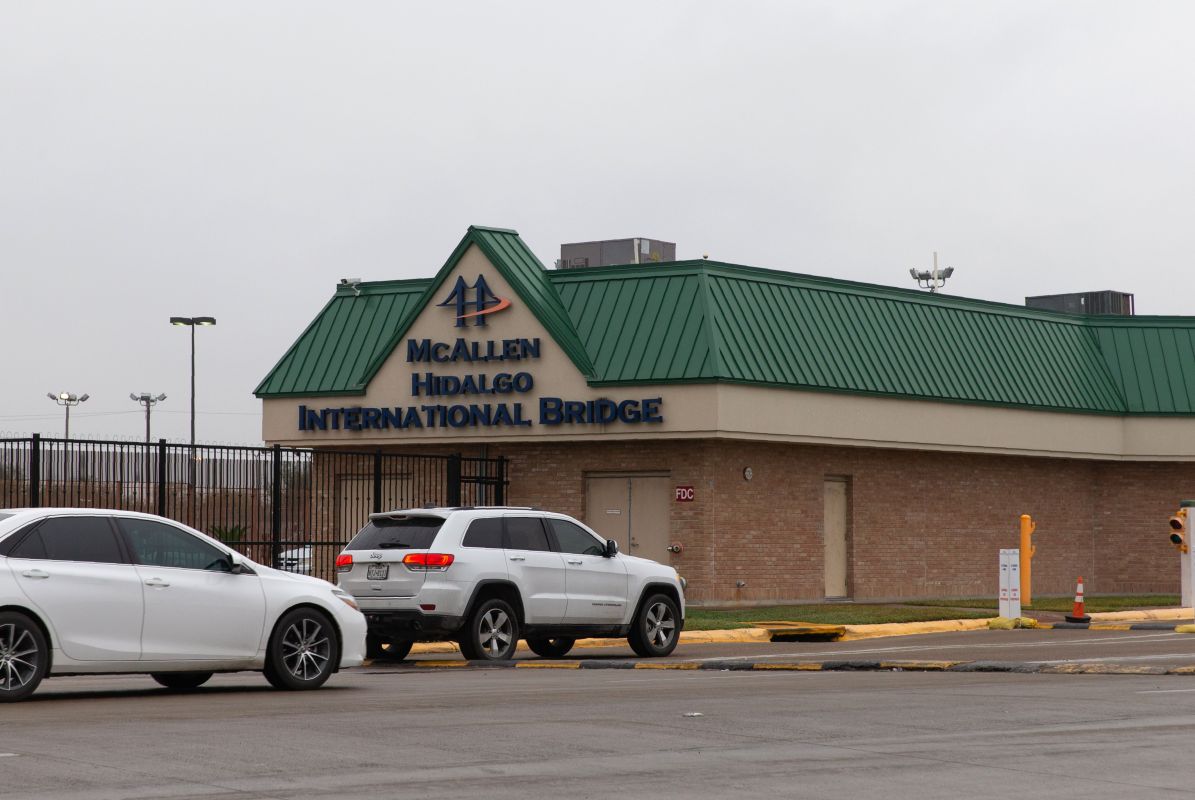Editor’s Note: RealClearLife, a news and lifestyle publisher, is now a part of InsideHook. Together, we’ll be covering current events, pop culture, sports, travel, health and the world.
McAllen, Texas is lush city on the southern tip of Mexico, filled with well-to-do young professionals, gated communities lined with terra-cotta mansions and a Maserati dealership. This posh oasis is located eight miles from the Mexican border, in one of the poorest areas of the country. So where’s all the cash coming from?
According to the New York Post, the city thrives on drug trafficking.
“It’s all about smuggling here,” a federal law-enforcement source told the Post. “Whether it’s drugs, or people smuggling, the cartels are laundering their cash right here.”
The city’s drug money has even infiltrated political campaigns. Back in 2014, former county sheriff Guadelupe “Lupe” Trevino was convicted of money laundering. Trevino, who the Post calls one of the most powerful lawmen in the state, confessed to taking money from a Texas drug trafficker. According to prosecutors, a portion of the $120,000 Trevino accepted from convicted kingpin Tomas “El Gallo” Gonzalez went toward the sheriff’s re-election campaign.
Meanwhile, drug trafficking isn’t the only thing funding the city’s affluent lifestyle. According to the Post, Mexican cartels have also made billions on the massive flow of illegal immigrants that pass into the Rio Grande Valley region near cities like McAllen. Last week, the U.S. Customs and Border Protection agency reportedly called the flow of migrants “an unprecedented and unsustainable situation at the southwest border … and a humanitarian crisis.”
Agents have reported “caravan-equivalent” numbers of migrants arriving by the week, with over 1,000 arriving each day. Cartel and gang members, who are often paid by migrants to bring them over the border where they are then herded and detained, are among the biggest beneficiaries of the crisis.
Meanwhile, the owners of the affluent “stash houses” where these migrants are held are reportedly offered large amounts of cash in exchange for “looking the other way.”
This confusion at the border has allowed cartels to increase the flow of illegal drugs into the area. Traffickers on both sides of the border hide behind limited liability companies set up at local banks.
“There are so many layers of corporations that it becomes very difficult to trace the money back to its criminal origin,” a source told the Post.“It’s sad to say, but there is a lot of money laundering going on here.”
Thanks for reading InsideHook. Sign up for our daily newsletter and be in the know.


















